In May 2025, celebrated architect Yasmeen Lari, Pakistan’s first woman in the field, was awarded the prestigious Lisbon Triennale Millennium bcp Lifetime Achievement Award. With a career spanning over 60 years, Lari has become a global figure in socially responsible and climate-conscious architecture, known for her commitment to empowering marginalized communities through sustainable, low-carbon design.
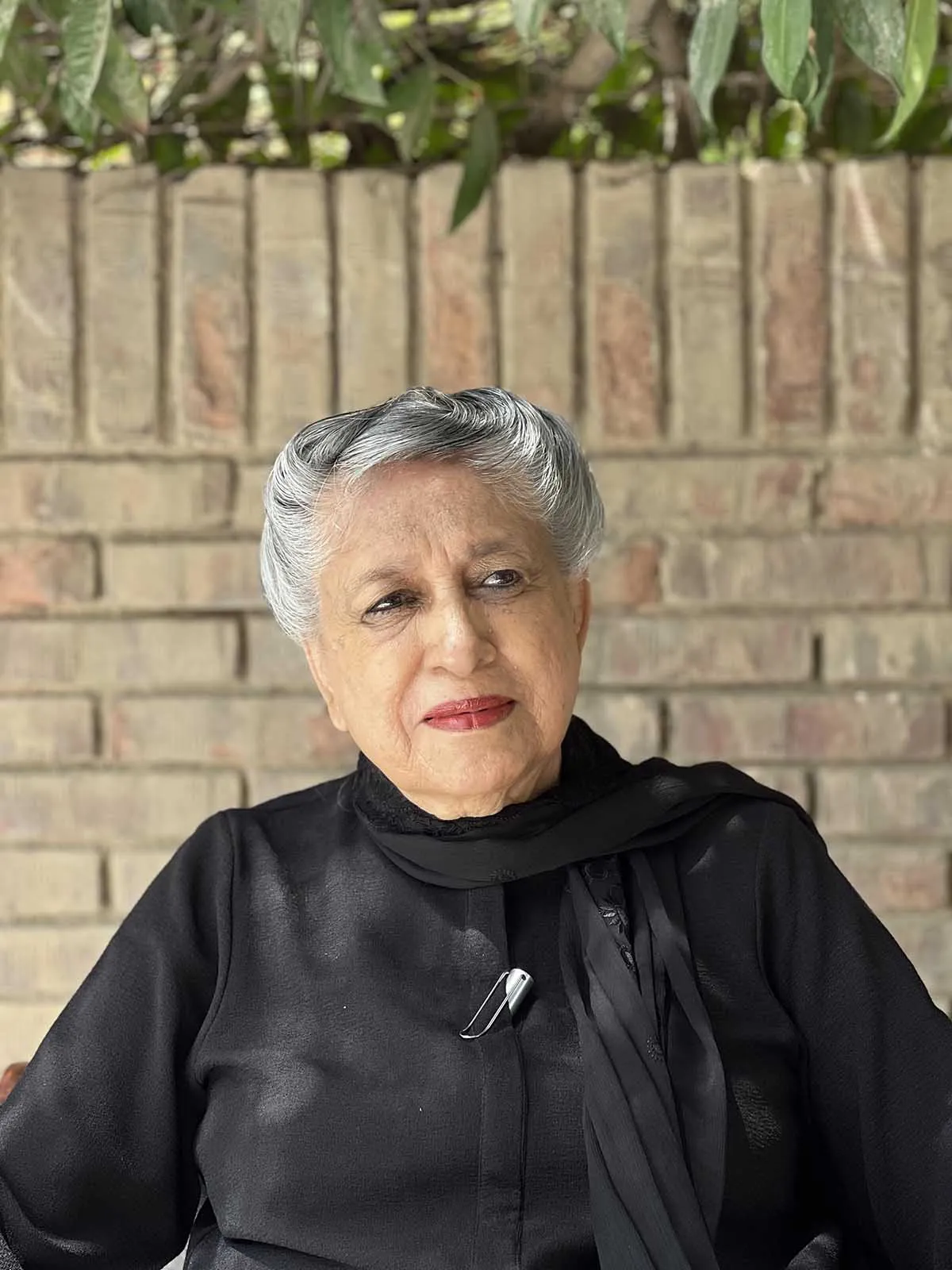
When Yasmeen Lari began her architectural career in the 1960s, she was already stepping into uncharted territory, Pakistan’s first woman architect, trained at the Oxford School of Architecture (now Oxford Brookes), and eager to shape a modern architectural identity for a newly independent nation. Her early commissions, headquarters, housing blocks, and institutional structures echoed the global language of modernism, translated through the materials and climate of Karachi. Concrete, glass, and steel defined her palette, and the aesthetic was distinctly cosmopolitan.
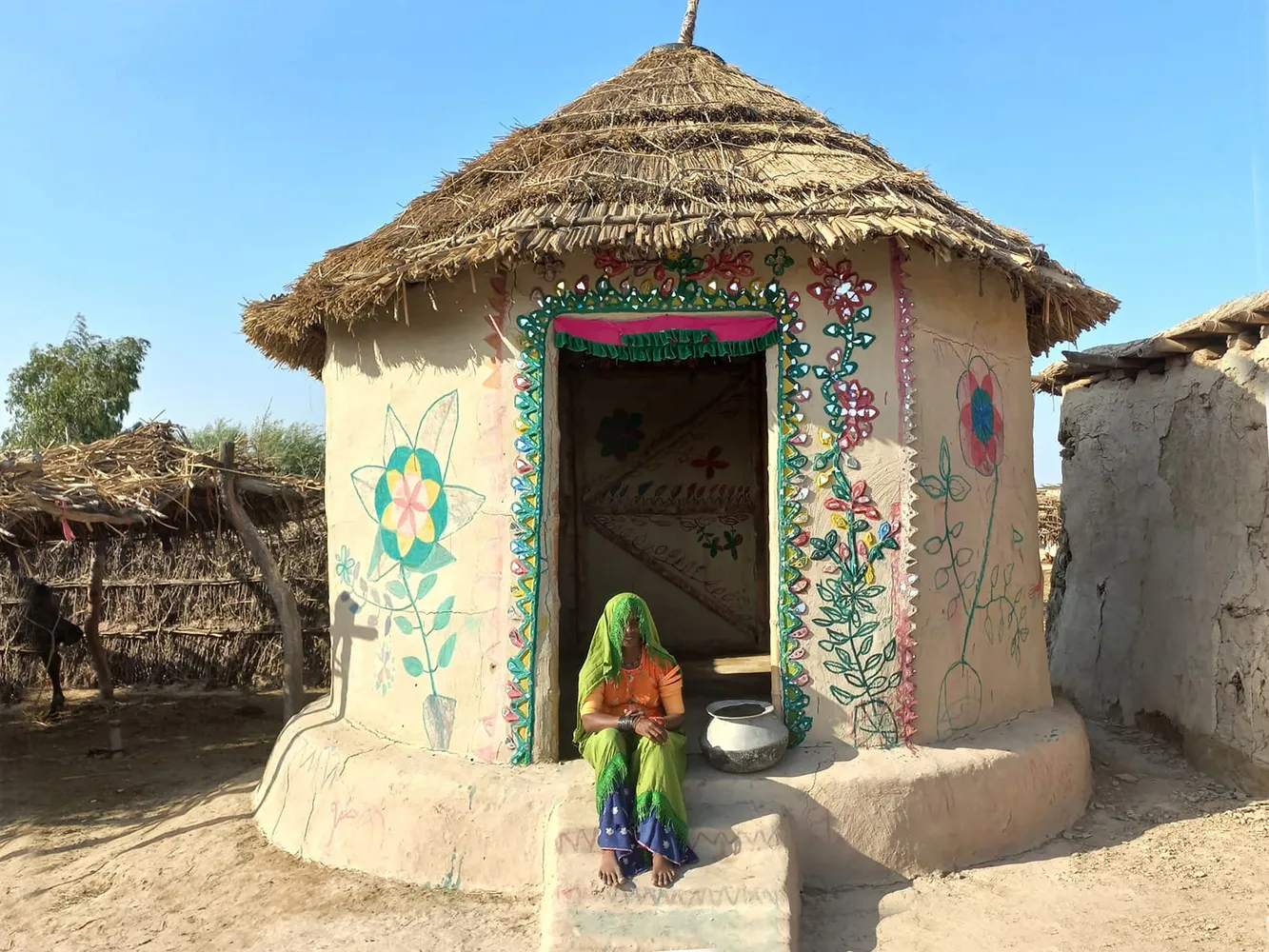
It was the 2005 Kashmir earthquake that catalyzed this transformation. Watching traditional building methods prove more resilient than many modern structures, Lari began developing a new design philosophy rooted in vernacular wisdom and social equity. What emerged was not just a technical framework, but an ethical one. She embraced a model she calls “barefoot architecture,” an approach defined by its accessibility, environmental responsibility, and refusal to centralize authority in the hands of professionals alone.
Her methodology is centered around a quartet of principles she labels the “Four Zeros”: zero carbon, zero waste, zero donor dependency, and zero poverty.
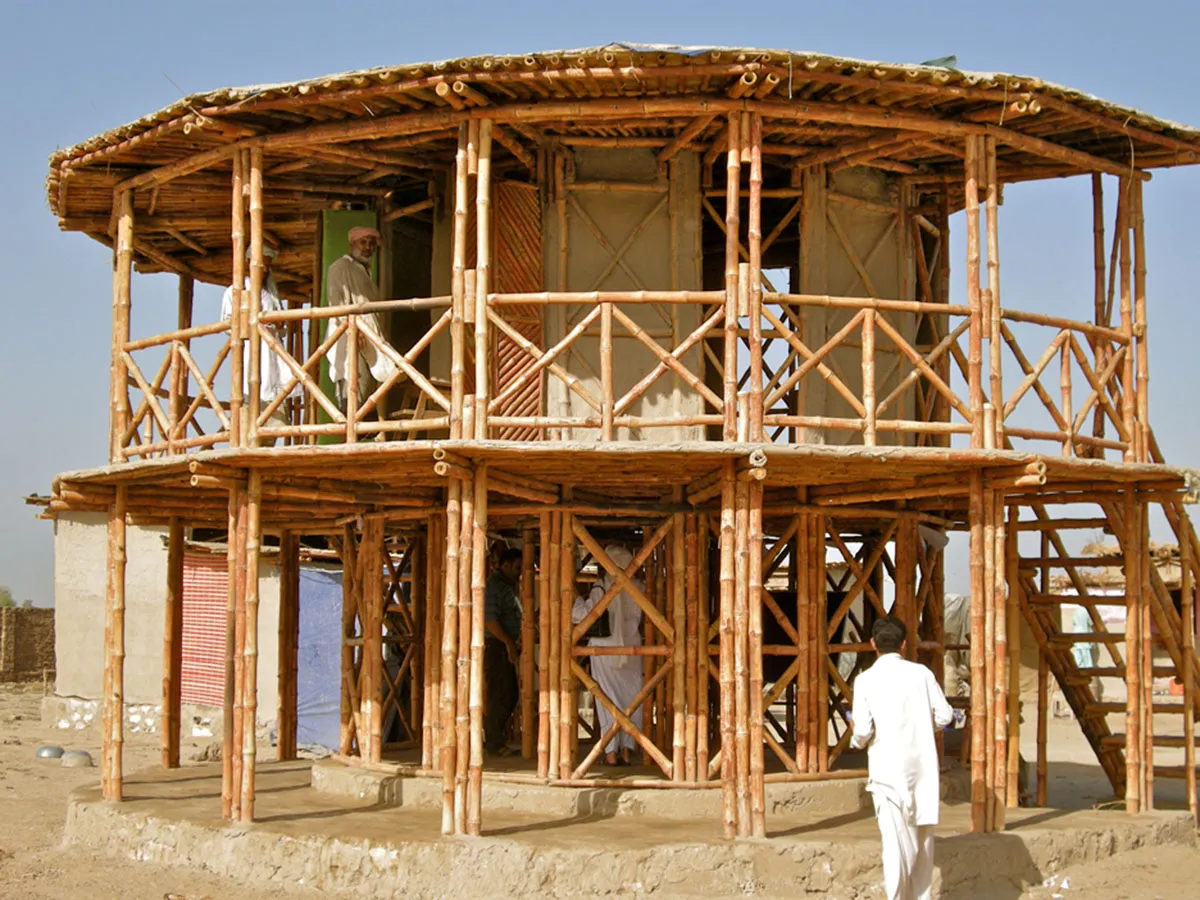
Innovative Projects and Sustainable Solutions
Lari’s dedication to sustainable architecture can be observed by her multiple designs that use materials that are accessible locally, such as mud, bamboo, lime, and thatch.
Makli’s Zero Carbon Cultural Centre is a teaching center for disaster-resistant architecture. The institute’s architecture features bamboo buildings covered in mud, resulting in economical and environmentally friendly residential choices. This project has resulted in the construction of around 600 more homes in surrounding settlements.
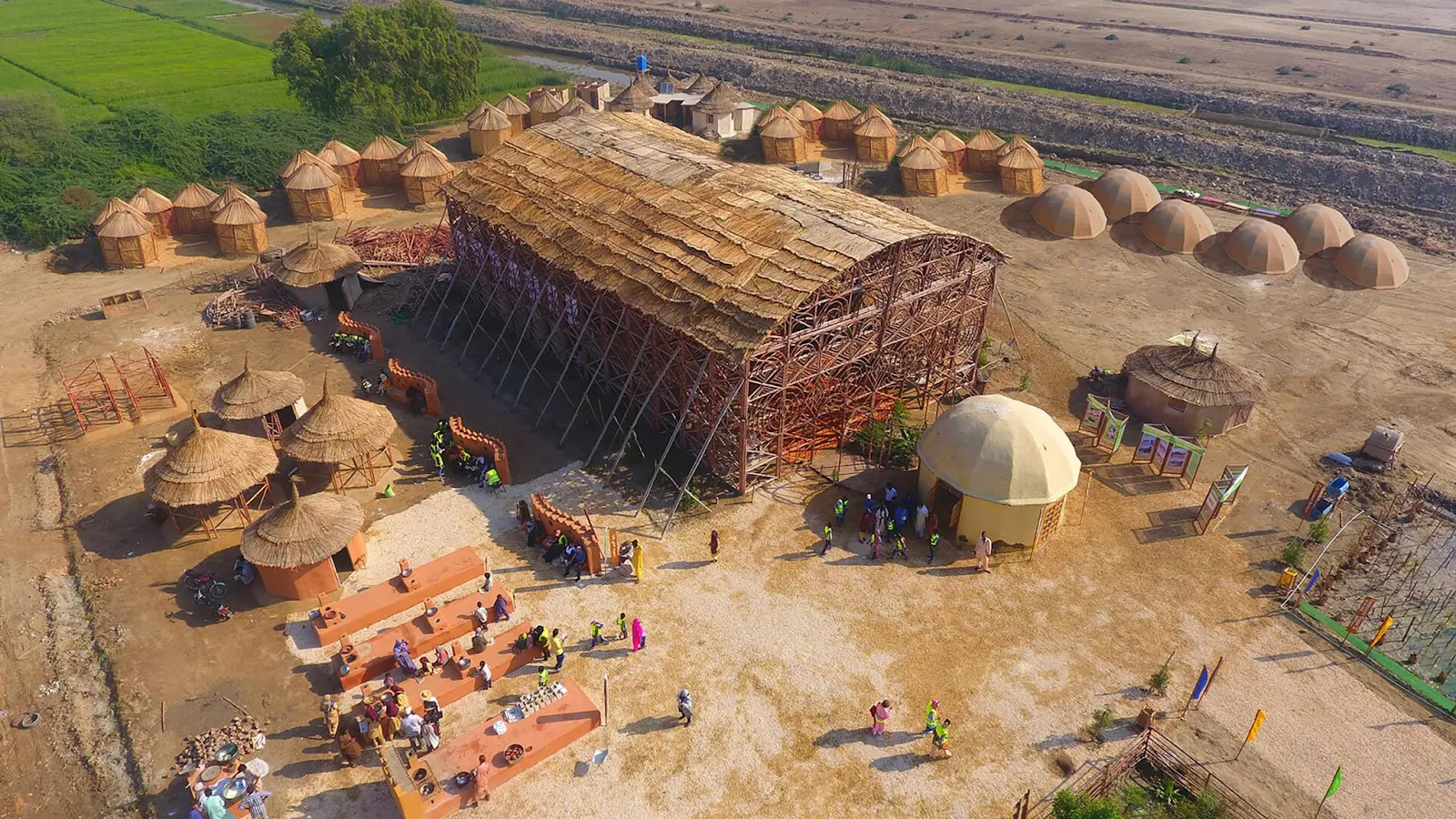
One more notable invention is the Pakistan Chulah Cookstove, an environmentally friendly alternative meant to mitigate the harmful effects of open-fire cooking. The stove, made of regionally obtained mud and CO2-absorbing lime plaster, decreases fuel use by 50-70% and is raised to stay stable during flooding. More than 80,000 of these stoves have been made and painted by villages, encouraging both environmental sustainability and women’s empowerment.
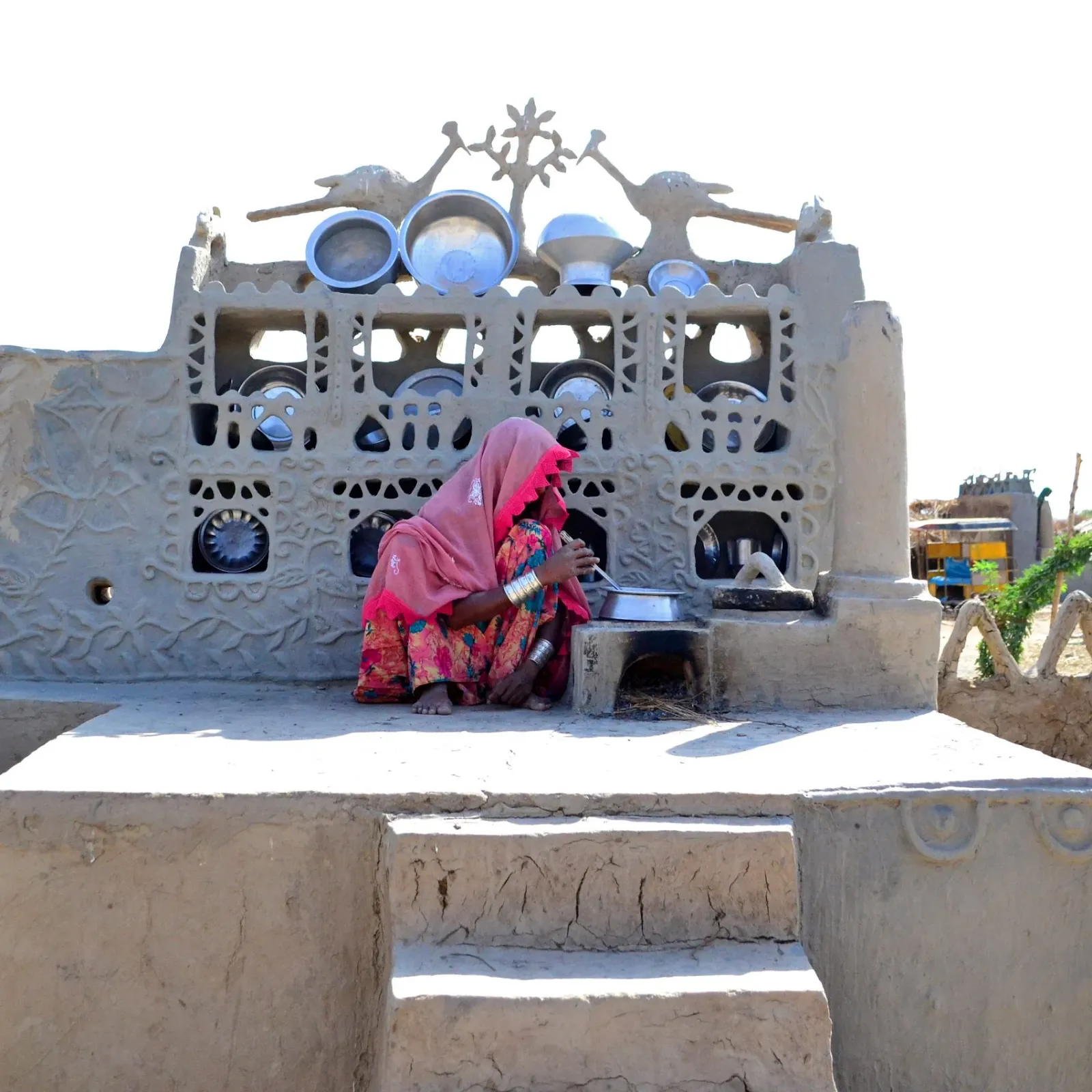
Lari’s Comprehensive towns initiative combines these developments to enable towns to develop self-sustaining. For roughly $200 per home, villagers may construct disaster-resistant bamboo dwellings, Chulah stoves, and communal eco-toilets. They also have access to solar-powered lighting, hand-powered water pumps, and training to develop income-generating items or companies. Since 2010, roughly 60,000 zero-carbon integrative homes have been constructed, with ambitions to expand and restore one million families.
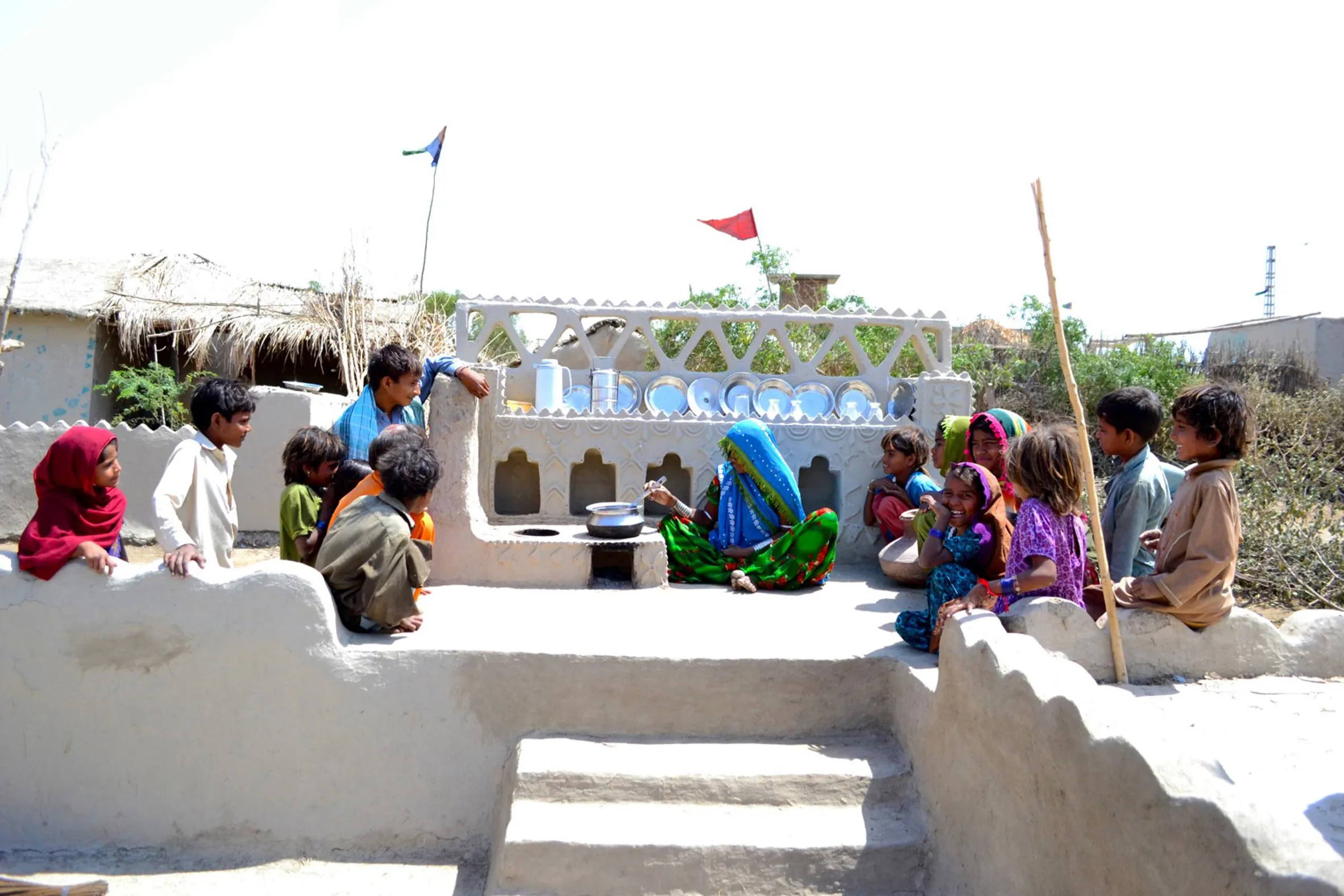
Global Recognition and Impact
In professional circles, this pivot from icon-making to impact-making may seem unconventional, but it’s exactly what has earned Lari her growing list of global accolades from the Jane Drew Prize to the RIBA Royal Gold Medal, and now, the Lisbon Triennale Millennium bcp Lifetime Achievement Award in 2025. As climate instability intensifies and global displacement rises, Lari’s work reads less like a regional case study and more like a blueprint for where architecture must go next.
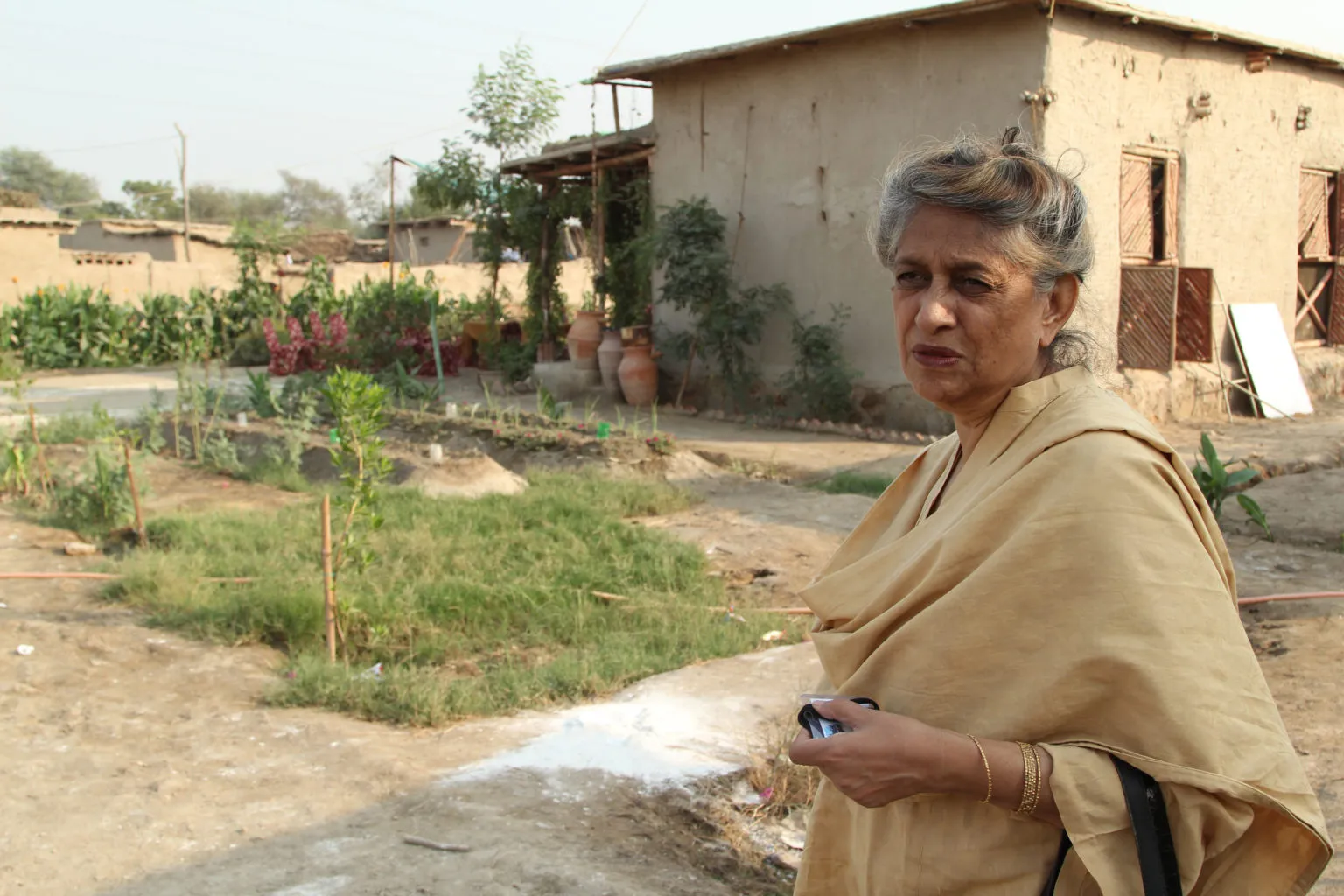
Yasmeen Lari believes that architecture must evolve if it wants to stay meaningful. To her, it’s never been just about sleek buildings for the wealthy. She sees the greatest need and the greatest impact among the poor.
That belief reshaped her entire approach to architecture. She no longer saw herself as just a designer of structures, but as someone working to rebuild lives. Her mission became clear: to help people escape poverty, not by handing them solutions, but by building with them.
Lari calls it “losing control” of the process. She invites communities to co-build and co-create. It’s not about an architect dictating plans, but about sharing knowledge, handing over tools, and standing beside people as they shape their futures. One village at a time, she helps mobilize people not just to survive, but to thrive, with dignity and resilience built into every wall.
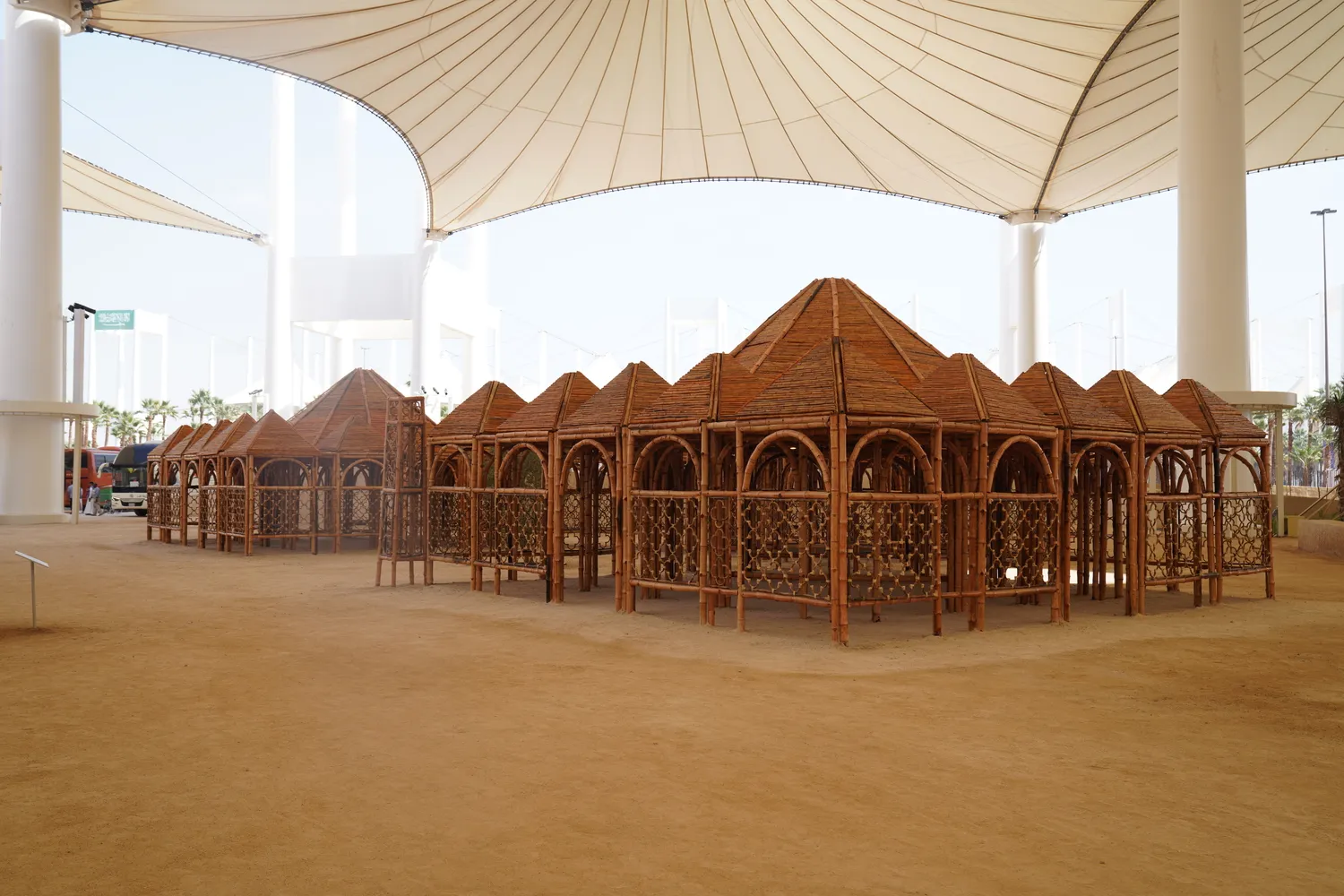
Yasmeen Lari’s transformation from modernist architect to humanitarian idealist shows the powerful influence building might have on mankind. Her commitment to sustainable, community-driven design provides a model for solving international problems, including climate change, poverty, and displacement. Lari’s legacy, as recipient of the 2025 Lisbon Triennale Millennium bcp Lifetime Achievement Award, motivates architects all around the globe to embrace human-centered and ecologically friendly alternatives.










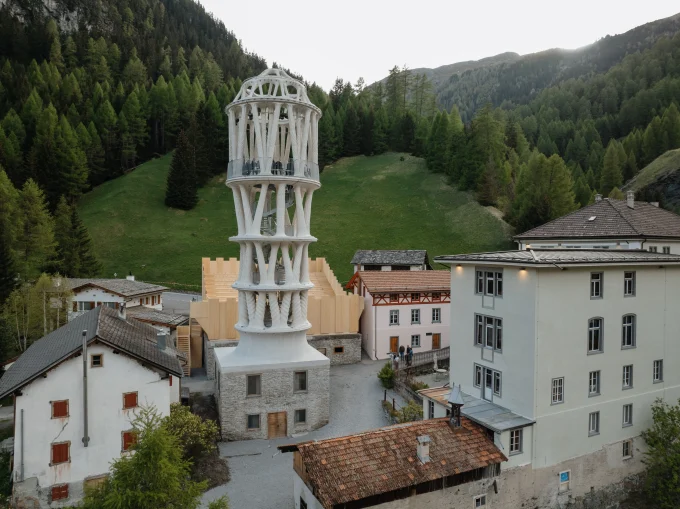






Leave a comment